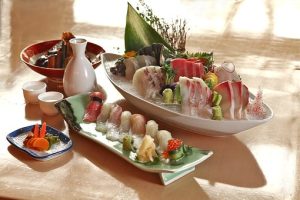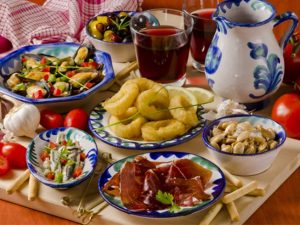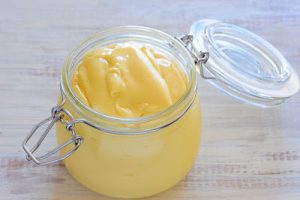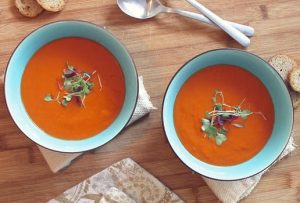Author Profile
-
Launched in 2014 The Málaga Food Guide continues to be the Leading Gourmet's Guide celebrating the vibrant and eclectic Food & Lifestyle scene in Málaga Province - quantified by our Users, Web Traffic & Search visibility on both Google & Bing
Daily Food & Drinks News together with our latest Restaurant Reviews, Food Events, our Guest Chef´s Seasonal Recipes with Lifestyle, Health, Wealth and Motoring Features ...SALUD!
Latest entries
- January 8, 2026Málaga Food NewsThe Málaga Food Guide LiveWire
- April 7, 2025DrinksDRINKS: A straightforward guide to ordering wine in Spain
- July 11, 2024Cheats MayonnaiseFOOD HACKS: Cheats Homemade Mayonnaise in minutes
- July 11, 2024PicnicsSEASONAL RECIPE: Spanish Themed Picnic Quiche







